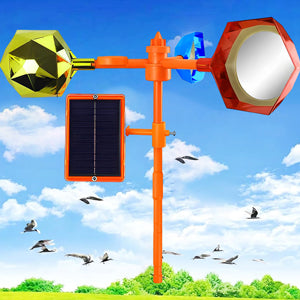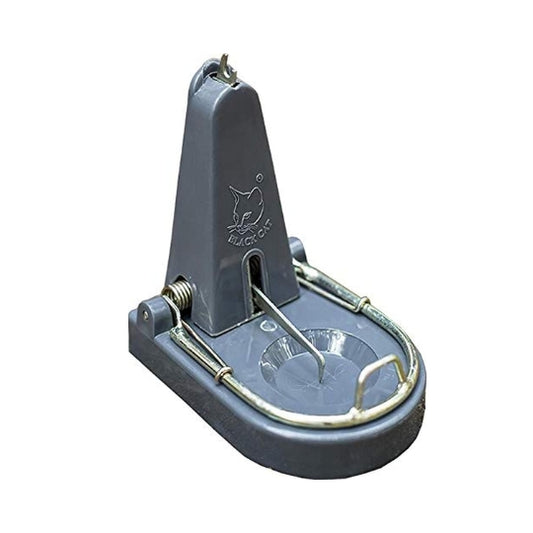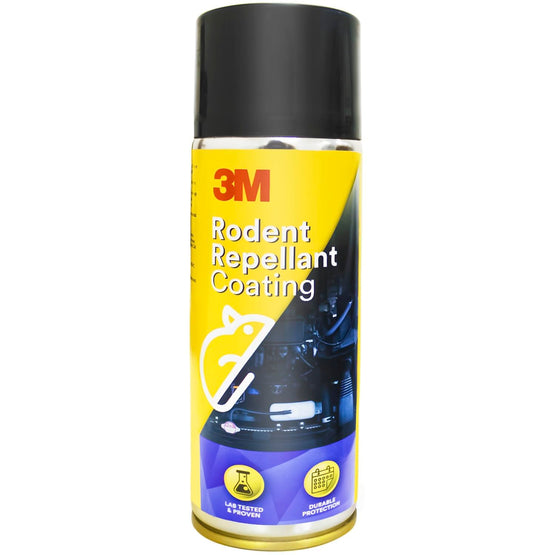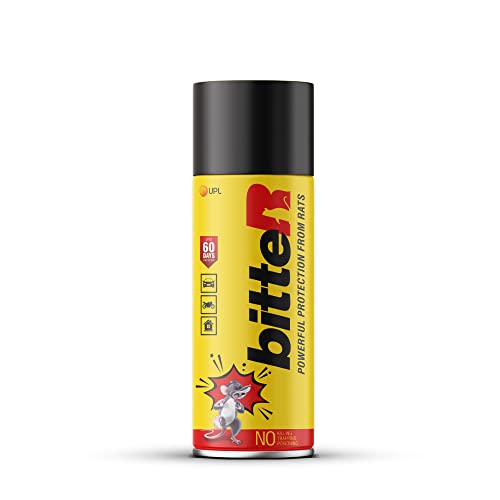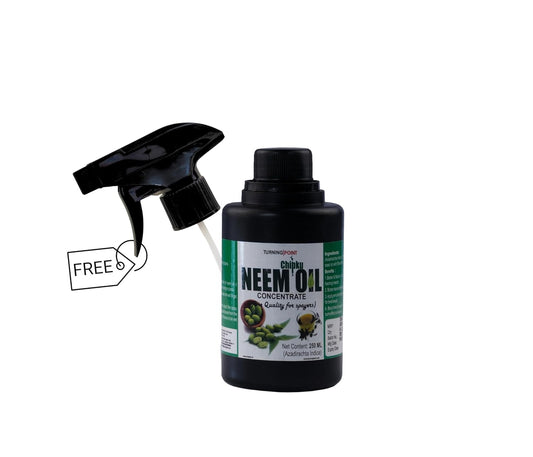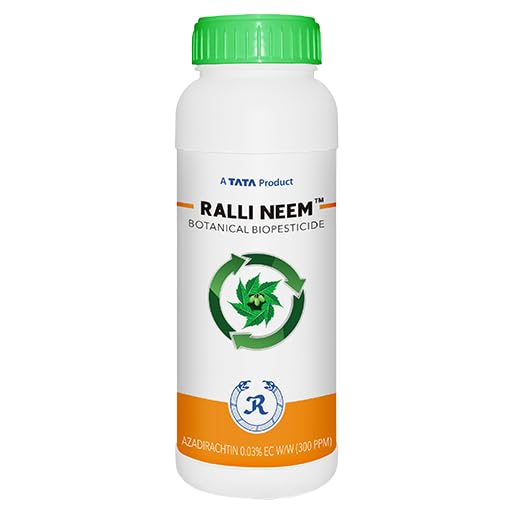Why do crops turn yellow after applying compost?
Share
Many farmers have noticed that crops turn yellow on application of compost. This is unusual and un-understandable to most farmers. Compost is a great way to improve soil health and fertility, but it can sometimes cause crops to turn yellow.
There are a few reasons for this:
- Incompletely decomposed compost: When undecomposed compost is applied to soil, it can tie up nitrogen. This is because the microbes that decompose the compost need nitrogen to survive. As a result, the plants may not have enough nitrogen to thrive. To avoid this, use fully decomposed compost or farmyard manure.
- Application during winter: Composting slows down during the winter, so if you apply compost during this time, the microbes may not be able to release enough nitrogen to the plants. To prevent this, apply urea to the soil or spray the plants with a 1% urea solution.
- Heavy rainfall: Heavy rainfall can cause waterlogging, which can lead to anaerobic conditions in the soil. This can also prevent the microbes from releasing nitrogen to the plants. To fix this, drain the soil and aerate it. You can also apply a 1% urea solution to the plants. Mix Aspa 80 in sand and broadcast in watter logged soil so that water gets drained.
- Overapplication: Applying too much compost can also cause nitrogen overload. This can damage the roots of young plants. This is espeically applicable to poultry, sheep, goad maures. To avoid this, apply compost at the recommended rate.
- Non-uniform distribution: If compost is not applied evenly, some areas of the soil may have more nitrogen than others. This can lead to yellowing of the plants in those areas. To avoid this, apply compost evenly throughout the soil.
If you notice that your crops are turning yellow after applying compost, try to identify the cause. Once you know the cause, you can take steps to correct it.
Here are some additional tips for avoiding yellowing of crops after applying compost:
- Test your soil before applying compost to determine the nitrogen levels.
- Apply compost in the fall or spring, when the weather is cooler and there is less risk of waterlogging.
- Water the soil well after applying compost to help the microbes decompose it.
- Avoid overapplying compost.
- Distribute the compost evenly throughout the soil.
- By following these tips, you can help to ensure that your crops thrive after applying compost.


